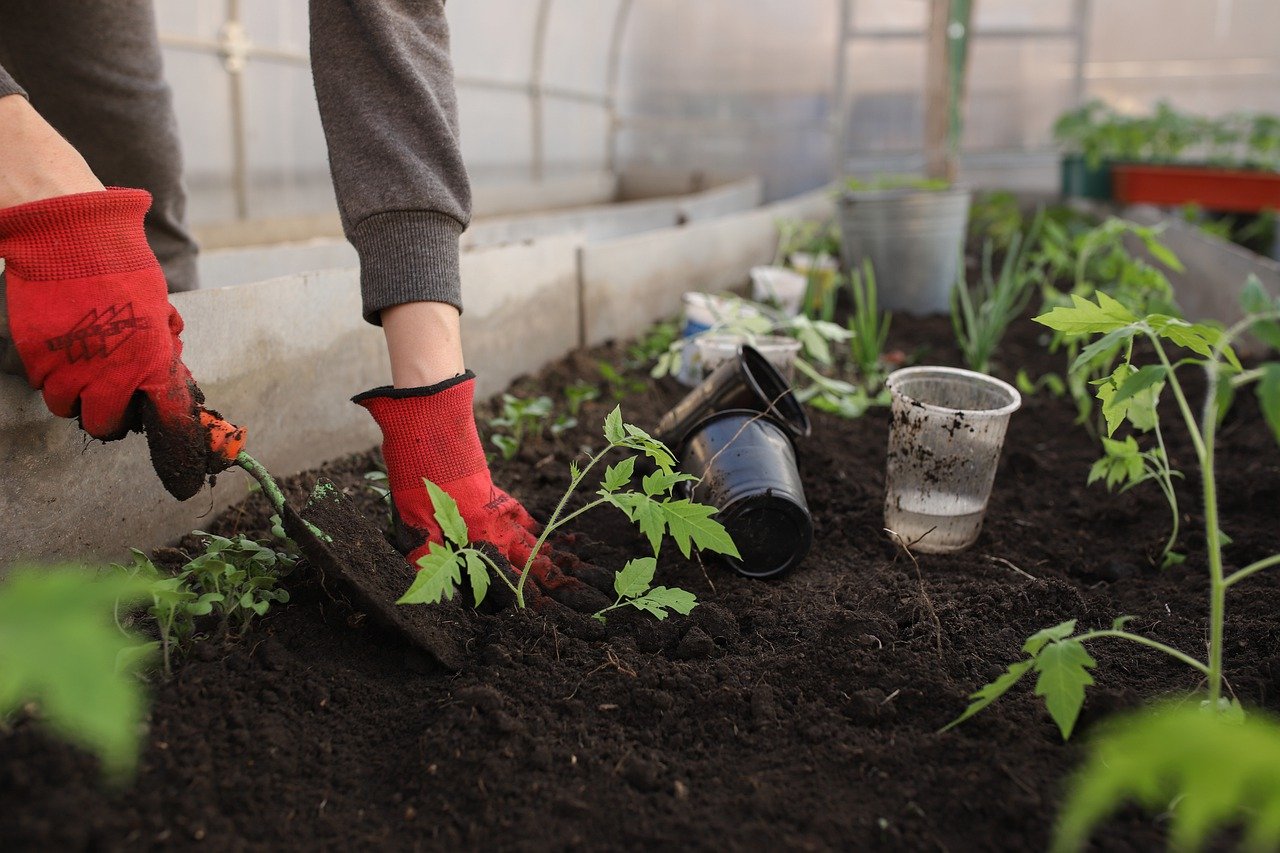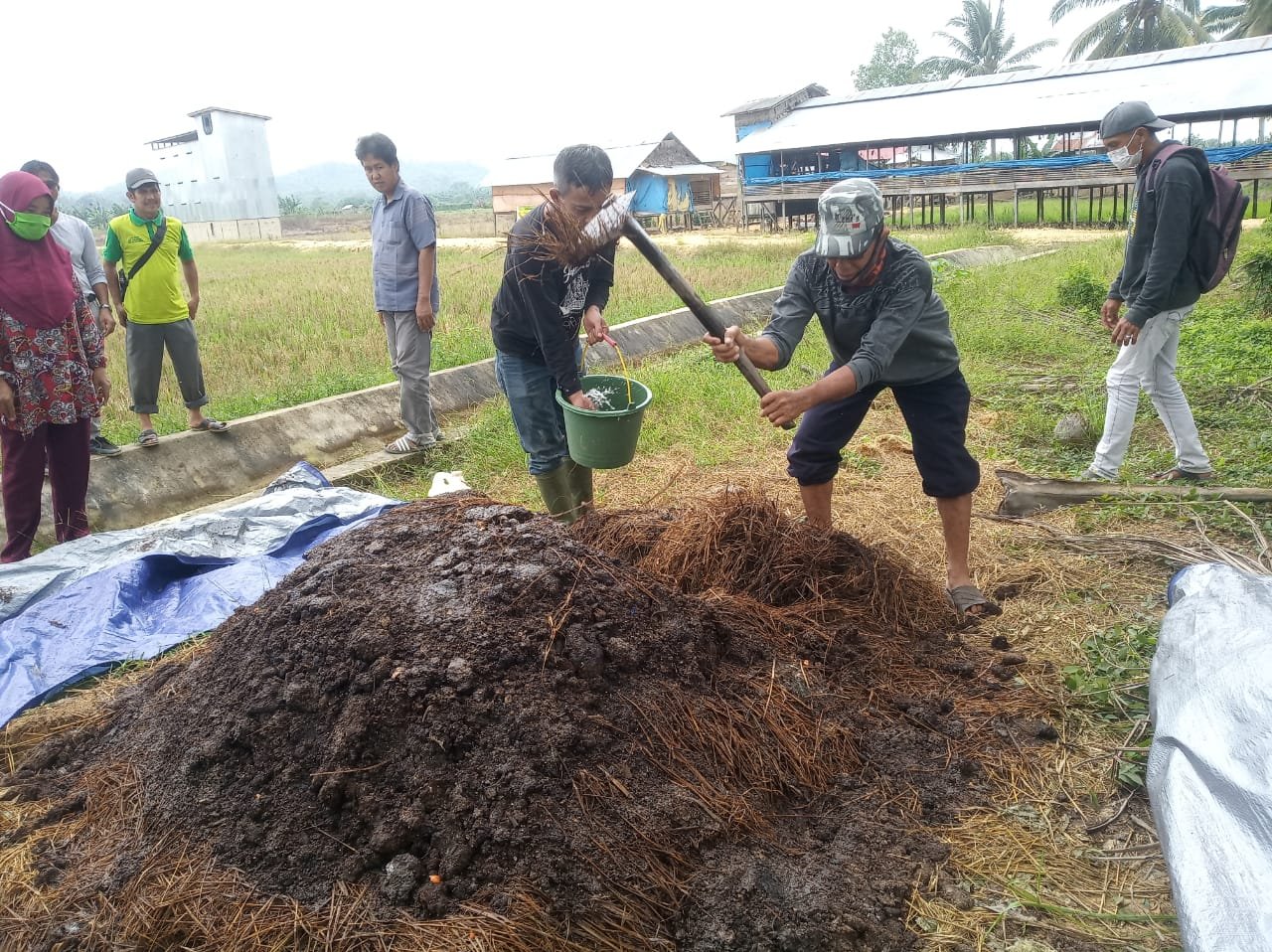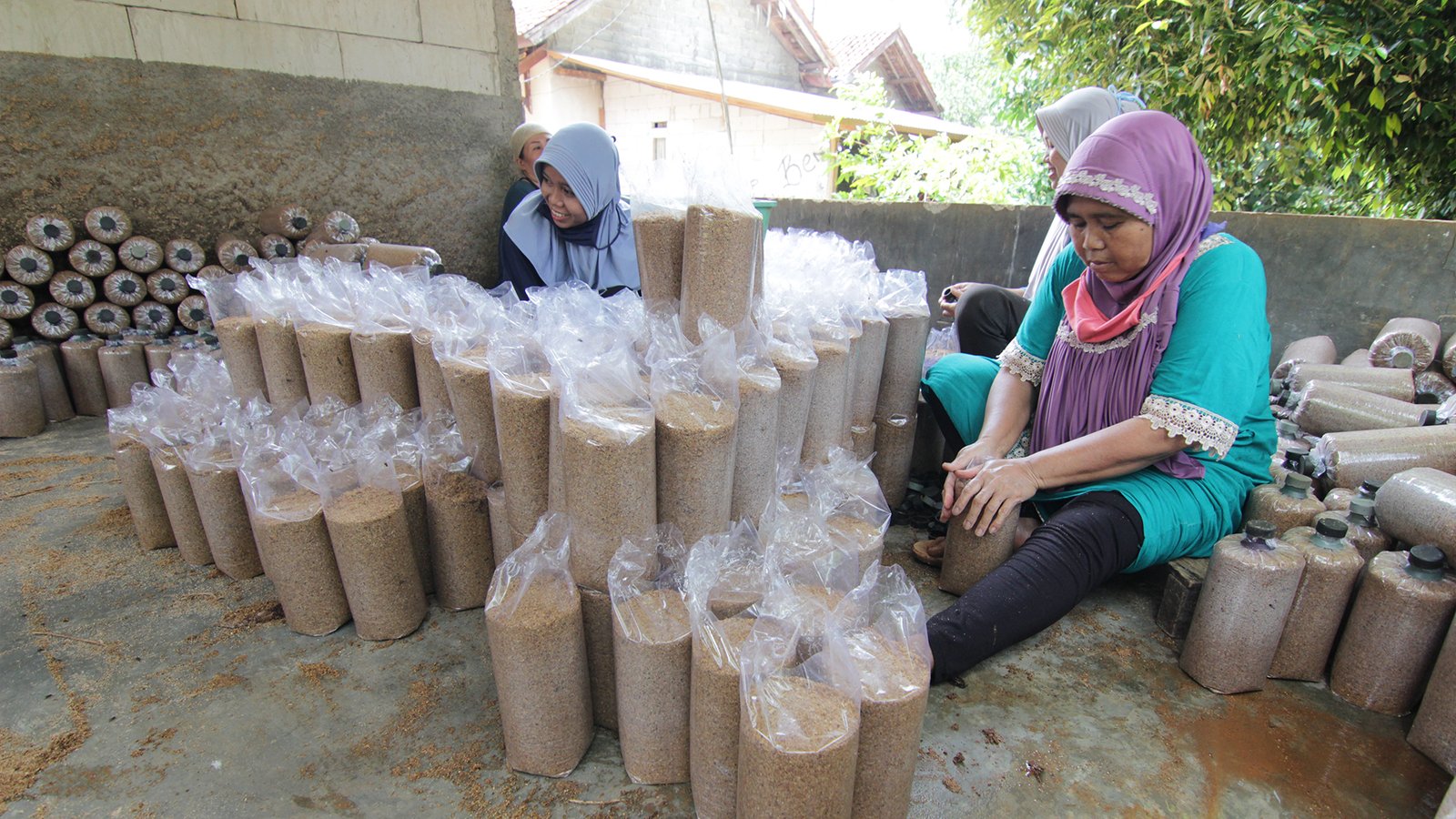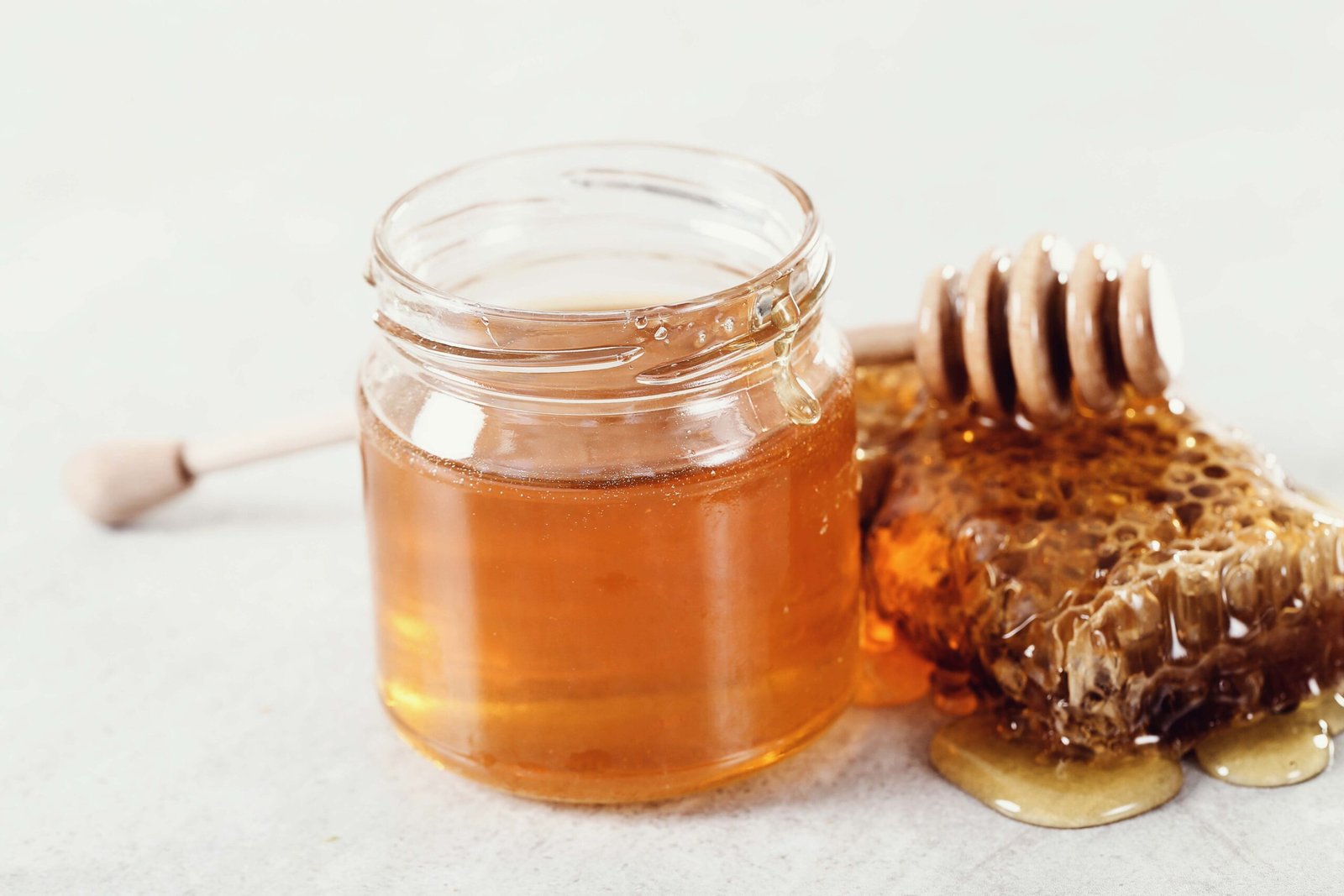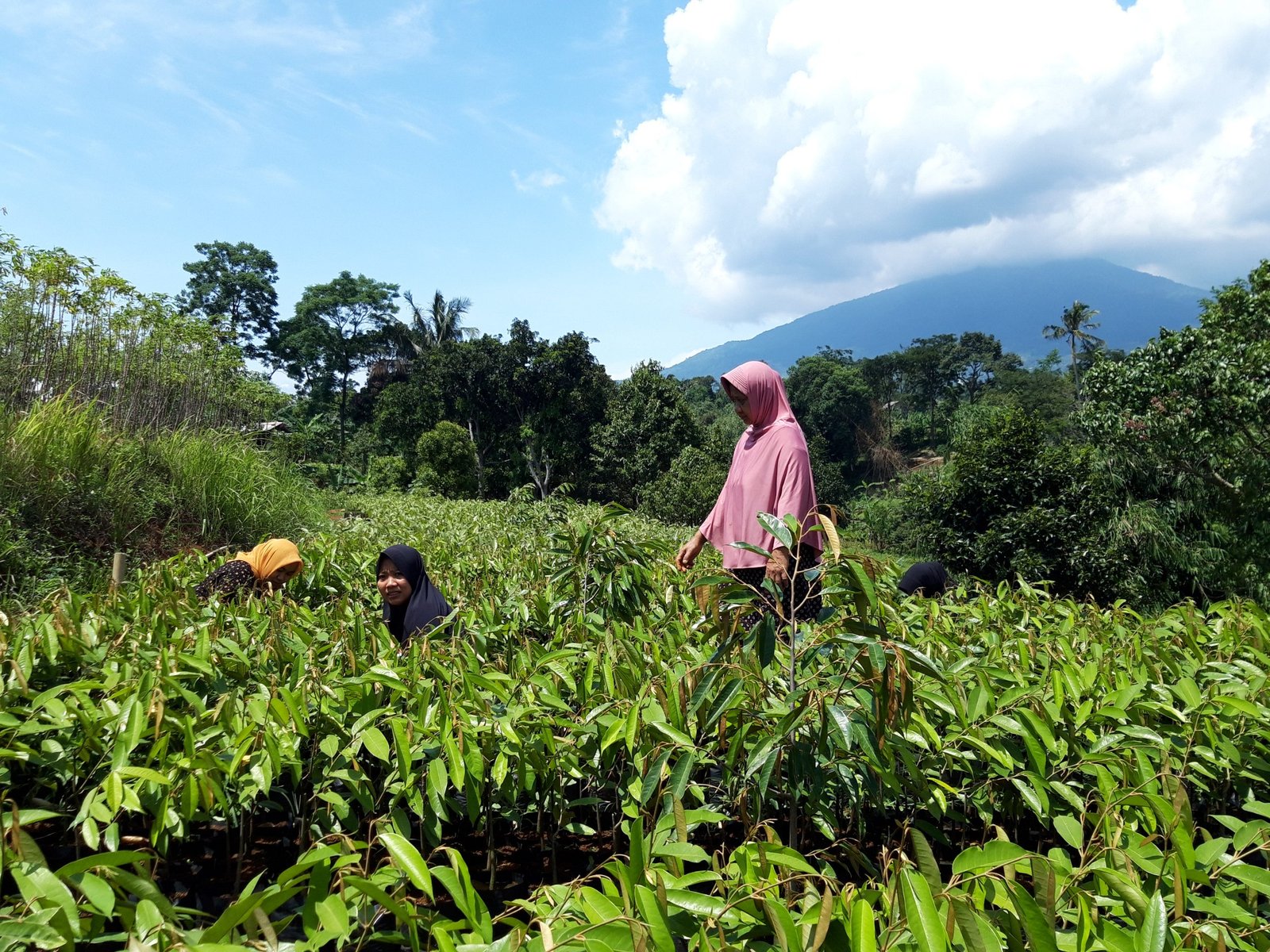As an agricultural country, Indonesia, which stretches from Sabang to Merauke, has thousands of islands and abundant natural resources, so it is predicted to be the largest food-producing country in the world. Through the agricultural sector, Indonesia is expected to be able to realise food security towards food sovereignty.
However, ironically, Indonesian farmers still need to achieve the word prosperous. The lack of land owned is also one of the causes of farmers’ low level of welfare.
Founder of PT. Farmers Protecting Farmers Sejagat (BUMP PT. PTS), Hanjar Lukito Jati said, currently, the average Indonesian farmer, especially in Wonogiri, only has less than half a hectare of land.
“The average farmer in Wonogiri only has 0.2 to 0.3 hectares of agricultural land, so his income is low. Based on our analysis, the average income of farmers in Wonogiri is still far from the UMR, so they still need innovations to be able to increase the income of farmers,” he said in a public discussion of Wisma Hijau Talk, which was held online, Friday, February 5, 2021.
Through BUMP PT. Pengayom Tani Sejagat, Hanjar seeks to help farmers to be able to improve their economy through various innovations. With the rapid development of agricultural technology, it should be a solution to improve the welfare of Indonesian farmers.
Hanjar admitted that farmers with little land ownership could be categorised below the poverty line. This condition should be used by young people who have a social entrepreneurial spirit to appear and help farmers. This momentum is considered appropriate enough to innovate in agribusiness. He further said the activities carried out by BUMP Pegayom Tani Sejagat are also in line with sustainable development or Sustainable Development Goals (SDGs), especially point one without poverty, point two without hunger and point three, healthy and prosperous life.
“We are focusing on one district because our activities are in Wonogiri Regency. Wonogiri Regency has an area of more than 182 thousand hectares with a total harvest of 233,687 tons, while the total demand for rice in Wonogiri Regency is 84,587 tons. This means that there is still a surplus of 149,100 tons from this amount,” he said.
Seeing this potential, he finally formed a Farmer-Owned Enterprise, PT Pengayom Tani Sejagad, in May 2016, with the main function as an institution that inventories and capitalises farmers’ capital while building communication and balance related to farmers and conducting agribusiness activities (from upstream to downstream).
BUMP PT Pengayom Tani Sejagat is a farming corporation based on farmer empowerment per the mandate of Law No. 19 of 2013 concerning the Protection and Empowerment of Farmers.
“BUMP PT PTS is a farmer-based company with a merger between Gapoktan and the Organic Agriculture Association, which is professionally managed involving young people from various backgrounds in complementary fields of competence and science,” Hanjar explained.
On July 18, 2017, BUMP PT. PTS was entrusted by the local government to become a warehouse manager with the Warehouse Receipt System (SRG) and attended training to get a certificate as a warehouse manager. This certification was authorised by BAPPEBTI of the Ministry of Trade of the Republic of Indonesia on November 30, 2017, for the SRG warehouse located at Josutan RT 001 RW 002 Kaliancar Village, Selogiri District, Wonogiri Regency.
In October 2018, BUMP PTS was trusted to be a Non-Cash Food Assistance (BPNT) supplier with a turnover of ± 600 tons to 2,000 tons per month.
To develop business in the field of conventional rice, BUMP PT Pengayom Tani Sejagad produces premium rice with the trademark HPS (Sejagad Farmer Products) with registration from the Minister of Agriculture Regulation Number 51 of 2018 concerning Fresh Food of Plant Origin (PSAT).
In March 2019, BUMP PTS successfully made its first export to America. Until now, it has been exported to various countries, including America, Italy, France, Singapore, and Malaysia.
As the second speaker, Apni Naibaho, a woman from Pematangsiantar, North Sumatra, is also a figure who inspires farmers. His concern for farmers entangled in intermediaries made him start the Siantar Sehat (SISE) business to motivate and invite conventional farmers to switch to organic farmers. It is the difficult situation that ensnares farmers in her hometown that makes Apni firmly determined to help improve the welfare of farmers.
Although she does not have an agricultural background, after studying at a university in Jakarta, Apni decided to return to her hometown. Before returning to his hometown, he equipped himself by attending an organic farming course in Sentul, Bogor.

“In that year, no one did organic farming in my village. So I choose to farm organically because it is safe and the vegetables produced are healthier,” said the 39-year-old woman.
After attending the organic agriculture course, Apni began to plunge into organic farming by establishing an Organic Vegetable Business Group, which she named Siantar Sehat (SISE) in 2013. At that time, he was determined to make Siantar Sehat a pioneer of organic farming.
Despite her passion for helping farmers get a better life, Apni faced various challenges. He said that, at that time, changing the mindset of conventional farmers to switch to using organic fertilisers took work. Plus, at that time, only a few young people were interested in getting involved in organic farming. The market opportunity for organic products is very promising and has the potential to benefit greatly from organic farming.
Apni admitted that pioneering SISE took work because motivating and inviting farmers to switch to organic farming is difficult.
“The first year, I rented the land to teach farmers to manage organic farming on the land, and from there, we started collaborating with local farmers. I hire and teach farmers to make beds, cultivate land, and compost. But one year later, I failed because no farmer wanted to farm organically on their land. Finally, I switched to the second place. In the second place, the same thing happened, farmers did not want to farm organically. Then I tried to rent land in the third place in Blik Songo, one year I did organic farming, then several farmers are interested in switching to organic farming until now,” he said.
His efforts to transmit organic farming to farmers in his hometown were unsuccessful. After three years of pioneering Siantar Sehat, farmers in his region became interested in organic farming. Since 2015 until now there have been five farmers who joined and planted a variety of organic vegetables. Even so, Apni admitted that the vegetables produced were not purely organic because the agricultural land was still around conventional agricultural land that used chemical fertilisers.
“But we try and have given organic treatment to the vegetables we grow,” said the woman named the 2016 Young Farmer Ambassador.
In addition to farming and producing processed food products, Siantar Sehat also offers training for people who want to learn about organic farming.


